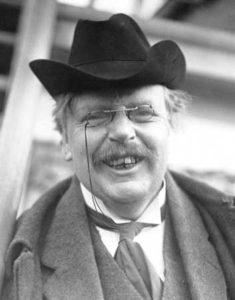Alice sat in one of the narrow stone paths that ran between the flower beds at Gene Stratton-Porter, staring at a bee busy within the center of a large pink flower. She should not have sat in the middle of the path; she wouldn’t be able to get up again. She was so, so tired, and stared at the bee without seeing it.
She should be at work. She needed the money. Money was freedom. But she couldn’t do it anymore–school and work and family, and the dark movements beneath them all she couldn’t escape. This was a peaceful corner, a place where she could breathe.
Last month, just last month, she had been at youth conference. She had known, deeply, her sin, so many sins, and known, somehow, that God loved her. That Jesus had forgiven her. And she had even glimpsed, impossibly, that it was possible to move out of the black ruts of her life–her so-called friends, her parents, her own broken nature. She had not expected it to be easy. Honestly, she thought it might be impossible. But for a day, she understood it might not be.
She should have sat on a bench, but the nearest was beneath the long, dim arbor, where the vestiges of a simple wedding were being removed. Above, the afternoon was dimming beneath wind-swept clouds.
The bee flew off. Alice looked round for something else. Nearby, a black toad sat, a dark stain among the bright flowers. She felt a keen kinship with it and reached out for it. It leapt away.
Her roving eyes looked again upon the arbor. The bride moved within, near the small table that must have served as altar. She picked up the cross there, held it beneath her arm, and took up the candle. She was beautiful, dressed in white, but she spoke and moved with an everyday air, as if she were just a relative cleaning up, not the one just married. She seemed content, even happy, but in the most ordinary way, as if a wedding were the daily habit of life.
This struck Alice, and she could imagine this bride at home, in the kitchen, burning water in that elegant gown. And what if she did? What if she worked the drive thru, veiled, to make ends meet, as angry customers complained of wrong orders? Or walked down the aisle of Kroger’s, young child wailing, white slippers sliding across the tiles? Or wept upon a threadbare couch, red-faced after an argument with her mother, tears streaking her fine makeup? Alice saw the dress, spotless and untainted, in a thousand postures of suffering and toil and mundanity–jumping the rusted van, paying the bills, visiting the ER at half past midnight, waking up in the middle of the night, alone, with anxiety over something that she couldn’t even put into words, and rising panic…
Alice turned away, tears in her eyes. She cried, angry and ashamed at her emotion, but inside she ached, ached with some truth terrible and beautiful. The bride, even after the wedding, the bride for all the days after, still pristine and virgin and gorgeous, forever the bride, unchanging and worthy of celebration.
Alice prayed, then, in the garden as she had not since those days a month ago when she first saw how God saw her.

Recent Comments